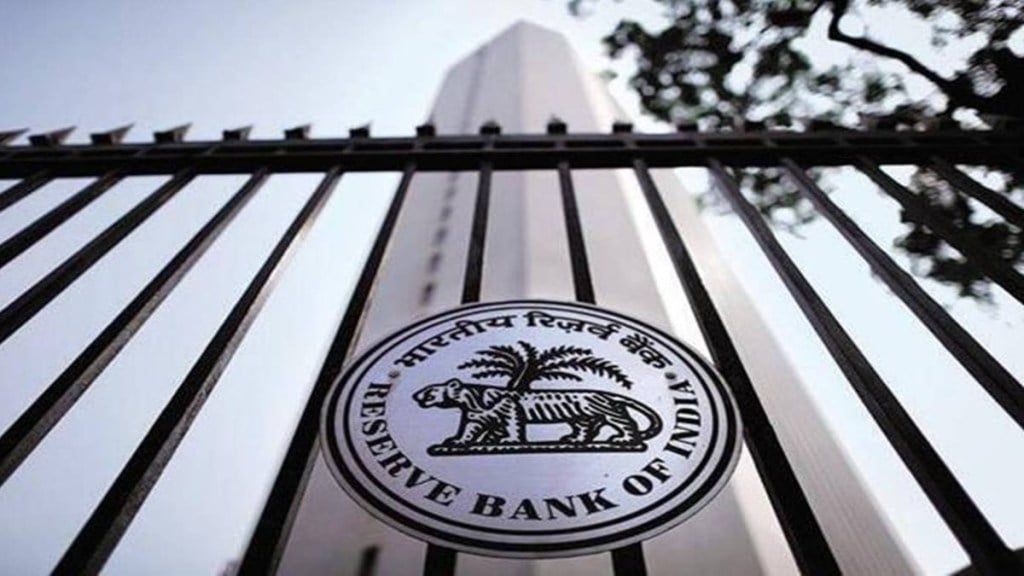The Reserve Bank of India (RBI) is focusing on strengthening the ability of financial institutions to manage third-party risks and outsourcing, arising from Big Tech and fintech, deputy governor Michael Patra said on Wednesday.
“We aim to expand the narrative beyond financial stability and financial integrity concerns to capture the cross-sectoral and macro-financial implications and risks,” Patra said. He was addressing the RBI-promoted Indira Gandhi Institute of Development Research’s maiden alumni meet.
Patra said the future of cross-border payments will be characterised by setting up of payment rails for instantaneous payment transfers.
“India is also gearing up for the launch of the digital rupee. Internationalisation of home-grown payment modes is being enabled through tie-ups with payment service providers that allow QR code-based merchant payments in Bhutan and Singapore,” he said.
India will have to provide economic opportunities to the young population if the country is to take advantage of the demographic dividend, Patra said. Only half of the working population is part of the labour force at present and India has to prioritise to get the skilling strategy right.
Pointing out that the median age of India is 28 years and over a sixth of the increase of the world’s working age population between now and 2050 will be provided by India, Patra said India can emerge as the “economic powerhouse of the future” and is poised to be the second-biggest economy in the world by 2048. However, a slew of challenges will have to be overcome to ensure that the opportunity gets translated into action.
“Our population presents an exciting opportunity which can be realised only if we are successful in providing it with economic opportunity,” Patra, who is in charge of the critical monetary policy department, said. (With PTI inputs)
